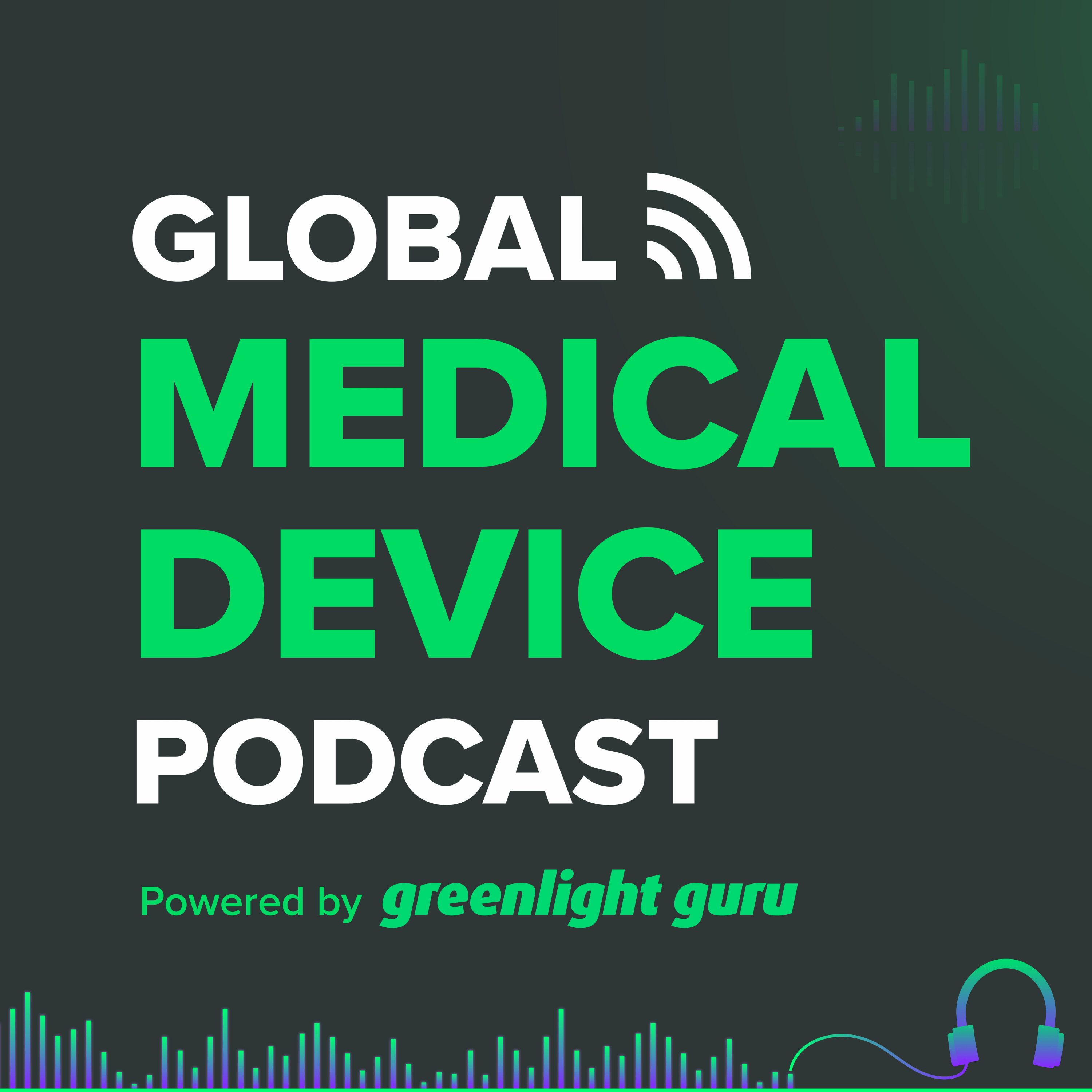Episode 63
Debunking Premarket Approval (PMA) Myths (And Why the PMA Path May Not Be as Scary as You Think)
When developing a new medical device, do you try to figure out the fastest and simplest way to get your product to market?
As a product developer, do you explore a regulatory path? Or, are you afraid that may kill your idea?
Mike Drues, president of Vascular Sciences, is with us today to do some premarket approval (PMA) myth busting and describes why a PMA path may not be as scary as you think.
Some of the highlights of the show include:
● PMAs are reserved for the highest risk devices (Class III and life-supporting).
● Utilize the patient-centered approach because assumptions are often made about risks and invasive vs. non-invasive devices.
● Can you use a predicate to show substantial equivalence for a PMA device? From a regulatory perspective, there is no concept of substantial equivalence.
● Use the MAUDE database and identify any precedence that has been set to gather knowledge about devices you are developing.
● You have a story to tell. Be able to explain your product, position, and why your product is good for the patient.
● All PMAs require clinical data. False! The vast majority of PMAs do require clinical data, but some PMAs do not require such data.
● What are the pros and cons of a PMA vs. a 510(k)? Most opt for a 510(k).
● Class III devices can do a PMA, or other options, including the Humanitarian Device Exemption (HDE) and Product Development Protocol (PDP).

